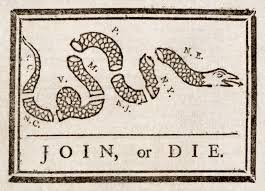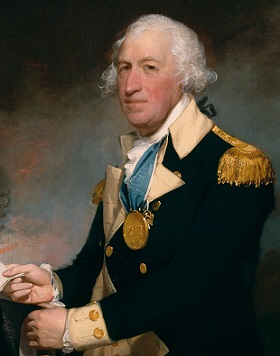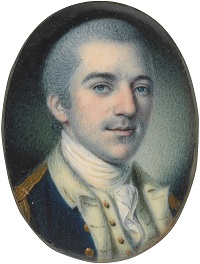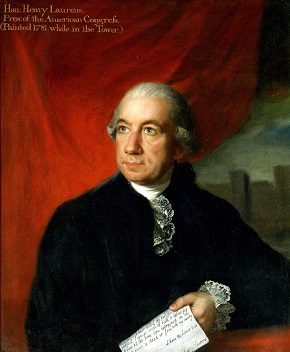Whitemarsh: Part 4 of 8
Congress Complains
Just when the situation looked as if it couldn't be bleaker, Congress stepped in to make it worse. Fort Mifflin had finally fallen on November 16th. And Congress, which had recently taken up quarters in York, Pennsylvania, was tired of waiting for Washington to do something. On the other hand, Howe seemed to do anything he wanted. Word of the Congress's dissatisfaction reached Washington, who fired off a letter responding to these concerns late in November.
I am informed that it is a matter of amazement, and that reflexions have been thrown against this army, for not being more active and enterprizing. I refer you to the returns of our strength; the wonder will be, how [the army] keeps the field at all this season of the year.
Washington also fumed that General Gates, the celebrated October 7th victor at Saratoga, took so long in sending reinforcements south after the British surrender there. The commander in chief felt he needed more troops for any effective action. Alexander Hamilton, an aide to Washington, was sent north to attend to the situation. Hamilton was received coldly by the Gates who wanted to run his theater of operations independently from Washington.
On November 18th, Colonel Daniel Morgan's long-awaited troops finally arrived at Whitemarsh from Saratoga. Morgan instigated his release from the service of Gates. Gates also released the brigades of Glover, Paterson, and Poor. They would arrive just in time to spend the winter at Valley Forge.
On November 24th, Washington held another War Council to determine a course of action. The main point of discussion was whether Philadelphia should be attacked. In the end, 11 members voted not to attack, while four voted in favor of such an action. Washington decided to table the motion until several key generals, currently away on duty, could weigh in on the matter. Washington in particular wanted to hear from the trusted Nathanael Greene. At present, Greene was in New Jersey scavenging and, at times, skirmishing with Lord Cornwallis.
The next day (November 25th), Washington reconnoitered Philadelphia personally. He wanted to make sure that the reports of the city's impregnability were true. They were. "I had a full view of the left, and found their works much stronger than I had reason to expect for the accounting I had received." Now Washington concurred with the majority of his generals — no attack should take place.
Along with Washington on his reconnaissance mission was aide John Laurens, the son of the President of Congress, Henry Laurens. Knowing that Congress would be displeased by Washington's continued inaction, Laurens sent a mollifying missive to his father, attempting to explain Washington's decision.
Our Commander-in-Chief wishing ardently to gratify the public expectation by making an attack upon the enemy — yet preferring at the same time a loss of popularity to engaging in an enterprise which he could not justify, went to view the works...we saw redoubts of a very respectable profit, faced with planks, formidably fraised, and the intervals between them closed with an abattis unusually strong. General du Portail declared that in such works with five thousand men he would bid defiance to any force that should be brought against him.
Back in Congress, some wondered aloud about Washington's capabilities, while others kept their misgivings to themselves. Saratoga proved that the British could be beaten — so why wasn't Washington doing anything? Congress dispatched a three-man delegation to talk to Washington about the possibility of pursuing a winter campaign. Generally, armies rested in the winter, but Congress was anxious to confront the British.
No doubt Washington pointed out to this delegation that his troops were not being fed, not being paid, were wearing rags, and were always scuffing for supplies. Meanwhile, the British were well-entrenched in Philadelphia — in fact preparing for a season of theater and parties.
Congress agreed that the army should look for Winter quarters instead of pursuing battle.






